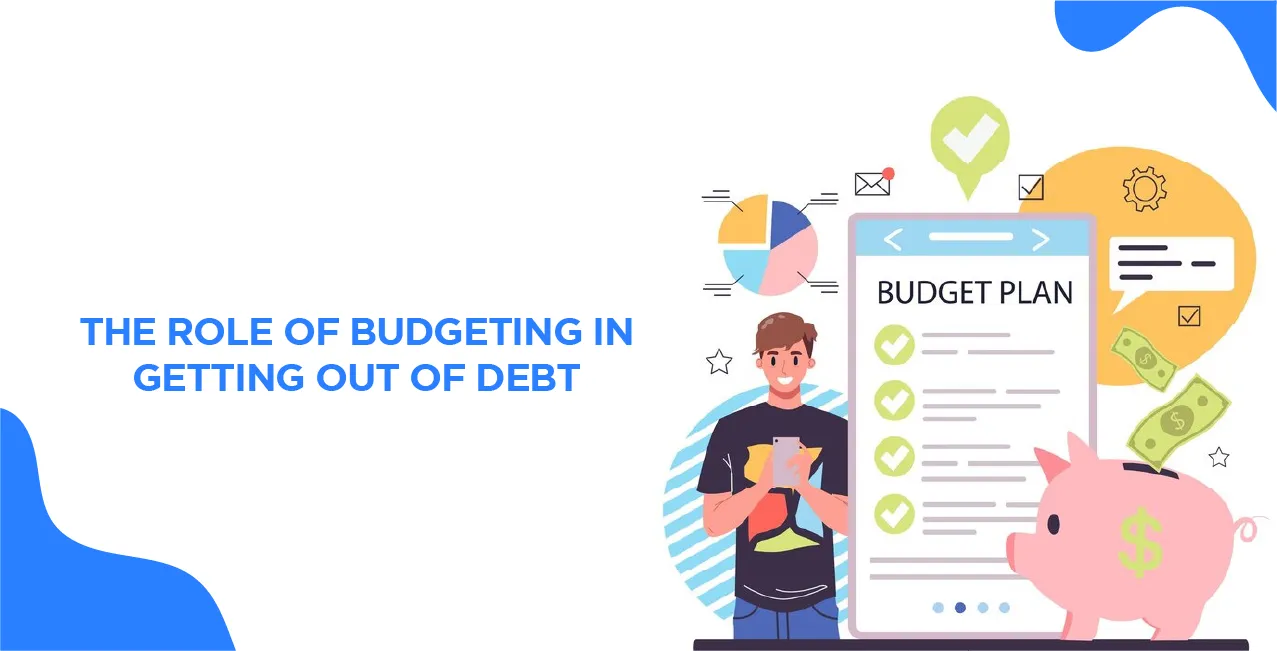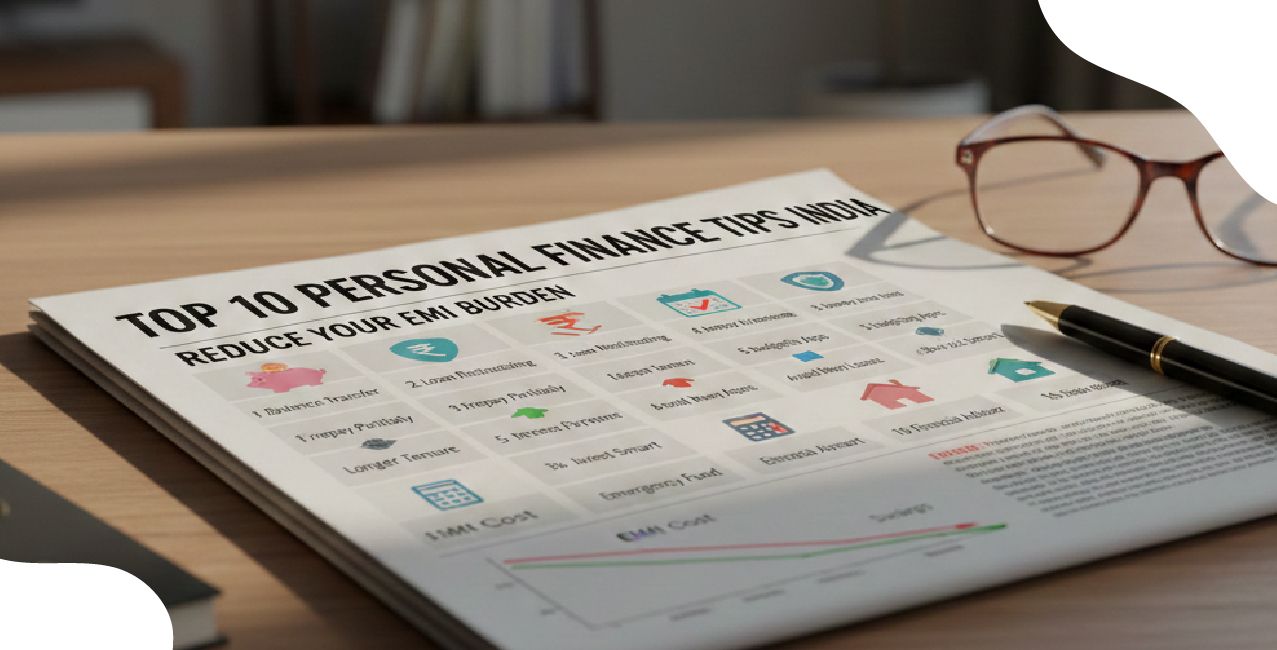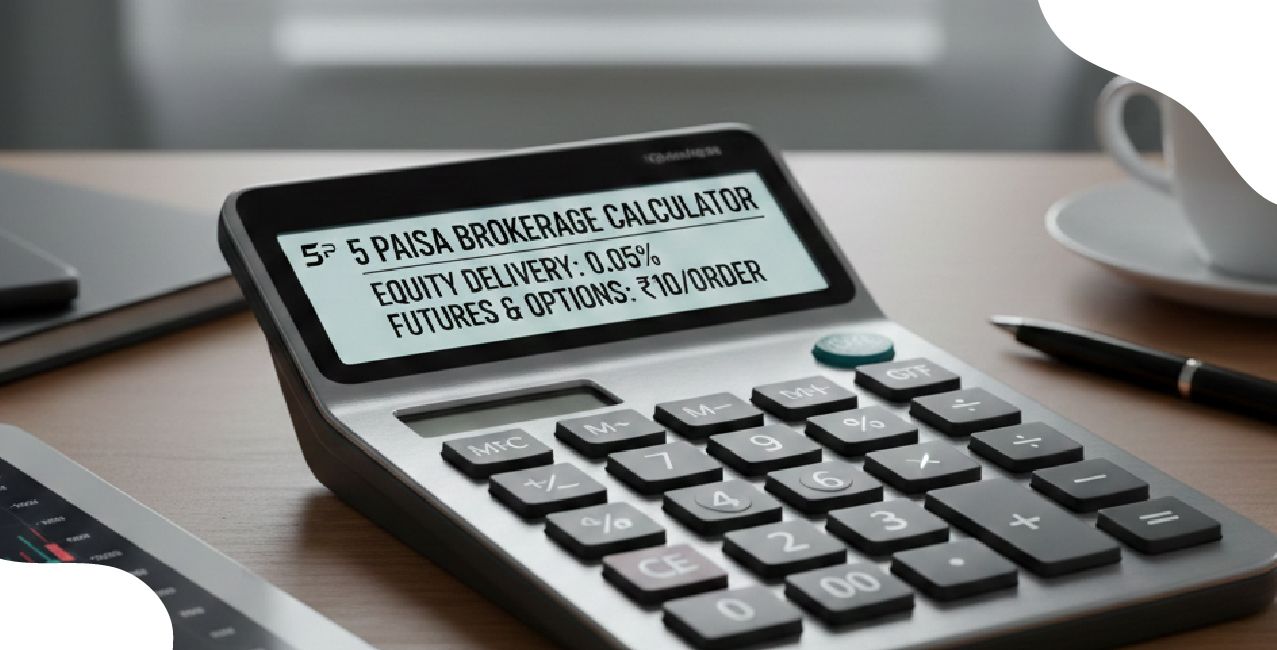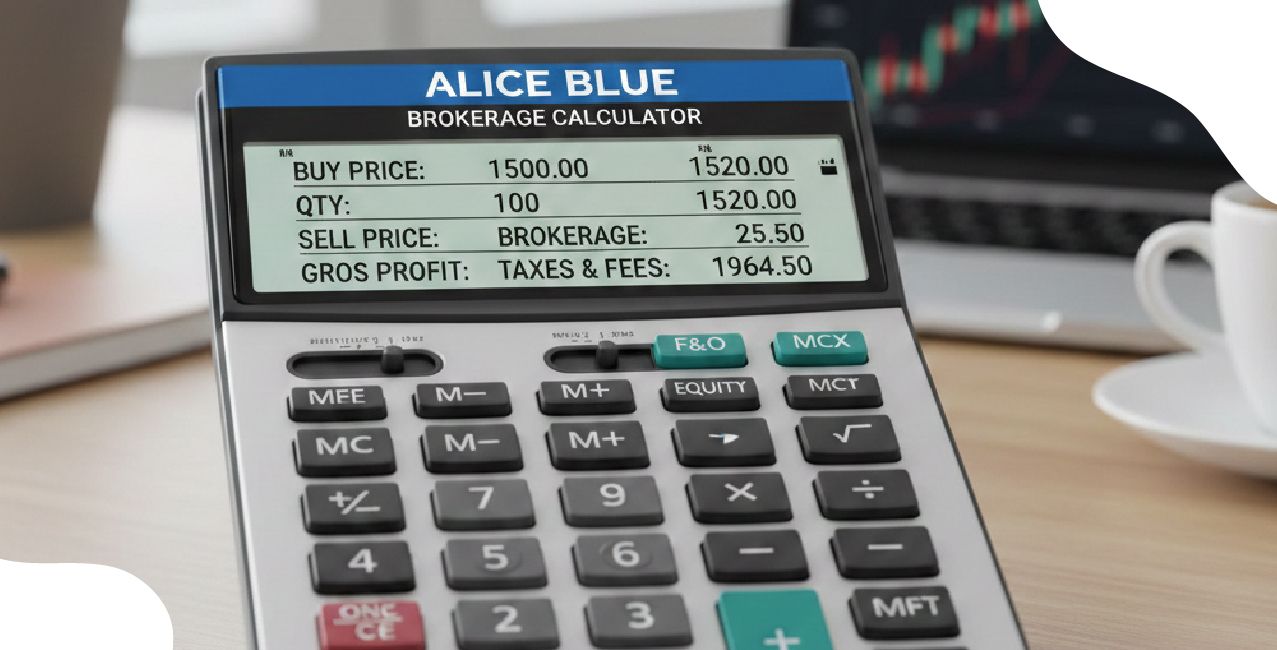The Role of Budgeting in Getting Out of Debt

Check Your Loan Eligibility Now
By continuing, you agree to LoansJagat's Credit Report Terms of Use, Terms and Conditions, Privacy Policy, and authorize contact via Call, SMS, Email, or WhatsApp
Say you earn ₹50,000 a month. Your fixed expenses, including rent, utilities, and groceries, amount to ₹30,000. What happens to the remaining ₹20,000? If you're in debt and paying an EMI of ₹10,000, the rest often disappears into unplanned expenses.
Now imagine putting ₹5,000 into a debt repayment plan and ₹5,000 into savings. Over a year, you would repay ₹60,000 and still save ₹60,000! Sounds achievable? That’s called budgeting.
Household savings in India dropped to a 50-year low of 5.1% in FY23, from 7.2% the year before. This decrease is due to more spending after pandemic restrictions ended and a big increase in debts like home loans.
Let’s explore how budgeting can transform your financial life.
How Budgeting Helps You Understand Debt Clearly
Are you tracking every rupee you spend? If not, you’re missing critical insights into your finances. Start by listing all your debts. For example:
Type of Debt | Amount Owed | Interest Rate | Monthly EMI | Payoff Time |
Credit Card | ₹1,20,000 | 36% p.a. | ₹12,000 | 12 months |
Personal Loan | ₹3,00,000 | 18% p.a. | ₹15,000 | 24 months |
Car Loan | ₹2,50,000 | 12% p.a. | ₹10,000 | 30 months |
Tracking helps prioritise repayments. Credit card debt, with higher interest, should be handled first. Combine this with a debt consolidation loan to reduce interest rates. For instance, merging the ₹1,20,000 and ₹3,00,000 loans into one at 14% p.a. could cut down monthly EMIs significantly.
Budgeting Makes Debt Repayment Structured
Random payments won’t work. You need a plan. Allocate 20% of your income for debt repayments. For example:
- Monthly Income: ₹60,000
- Debt Repayment (20%): ₹12,000
Distribute this ₹12,000 across debts based on priority or opt for debt consolidation loans.
Read More – How to Pay Off Debt Faster With the Same Income in 2025
This ensures consistent payments while balancing other expenses. You’ll also avoid missing deadlines, which lead to penalties.
Avoiding Unnecessary Expenses: The 30-Day Rule
Impulse buys often worsen debt. A ₹3,000 online shopping spree every month equals ₹36,000 a year! That’s one extra EMI you could’ve cleared. Try the 30-day rule: delay purchases for 30 days. Most likely, you won’t even remember wanting the item. This habit could save thousands annually.
Setting Goals and Celebrating Milestones
Debt repayment feels less overwhelming with milestones. For instance:
- Pay off ₹50,000 in 6 months.
- Clear credit card debt within 12 months.
Celebrate small wins. Cleared ₹25,000? Treat yourself with a ₹500 dinner, not a ₹5,000 gadget. Small rewards keep you motivated without derailing progress.
Using Emergency Funds to Prevent New Debt
Unplanned expenses can push you deeper into debt. Building an emergency fund can help avoid this. Start small, ₹1,000 a month. In a year, you’ll have ₹12,000 for unforeseen expenses like medical bills or car repairs.
Tracking Progress with Monthly Reviews
Budgeting is not a "set it and forget it" strategy. Regular reviews help track your progress and make adjustments. Set aside time each month to evaluate:
- Are you staying within your budget?
- Have you reduced your debt balance?
- Are there unexpected expenses to account for?
For instance, if you planned to repay ₹12,000 monthly but managed only ₹10,000, analyze why and adjust the next month’s budget. Tools like spreadsheets or budgeting apps can simplify this process.
The Psychological Benefits of Budgeting
Debt can cause stress and anxiety. Budgeting not only improves your financial health but also boosts your mental well-being. Seeing your debt decrease month by month brings a sense of control and accomplishment.
Also Read - Debt Management Strategies for Middle-Class Families
For example, tracking progress like “Paid off ₹50,000 in 6 months” is a great motivator. Visual tools, such as debt repayment charts or apps, can help you stay inspired. Every step forward is progress toward financial freedom.
Conclusion
Budgeting is about gaining control. A debt consolidation loan can simplify repayments and reduce interest rates, but it’s your budget that ensures you stay on track.
Don’t be part of that statistic. Take control today.
FAQs
1. What is a debt consolidation loan?
A loan that combines multiple debts into one with a lower interest rate.
2. How much of my income should go to debt repayment?
Aim for 20–30% of your monthly income.
3. Can budgeting help with high-interest credit card debt?
Yes! Budgeting prioritises repayments and reduces unnecessary expenses.
4. Should I pay off debt or save first?
Do both. Allocate funds for repayments while building an emergency fund.
About the author

LoansJagat Team
Contributor‘Simplify Finance for Everyone.’ This is the common goal of our team, as we try to explain any topic with relatable examples. From personal to business finance, managing EMIs to becoming debt-free, we do extensive research on each and every parameter, so you don’t have to. Scroll up and have a look at what 15+ years of experience in the BFSI sector looks like.
Subscribe Now
Related Blog Post
Recent Blogs
All Topics
Contents
Quick Apply Loan
Consolidate your debts into one easy EMI.
Takes less than 2 minutes. No paperwork.
10 Lakhs+
Trusted Customers
2000 Cr+
Loans Disbursed
4.7/5
Google Reviews
20+
Banks & NBFCs Offers
Other services mentioned in this article








